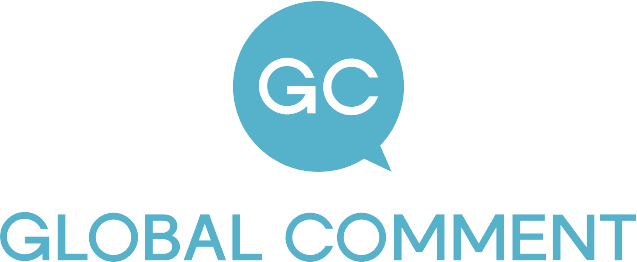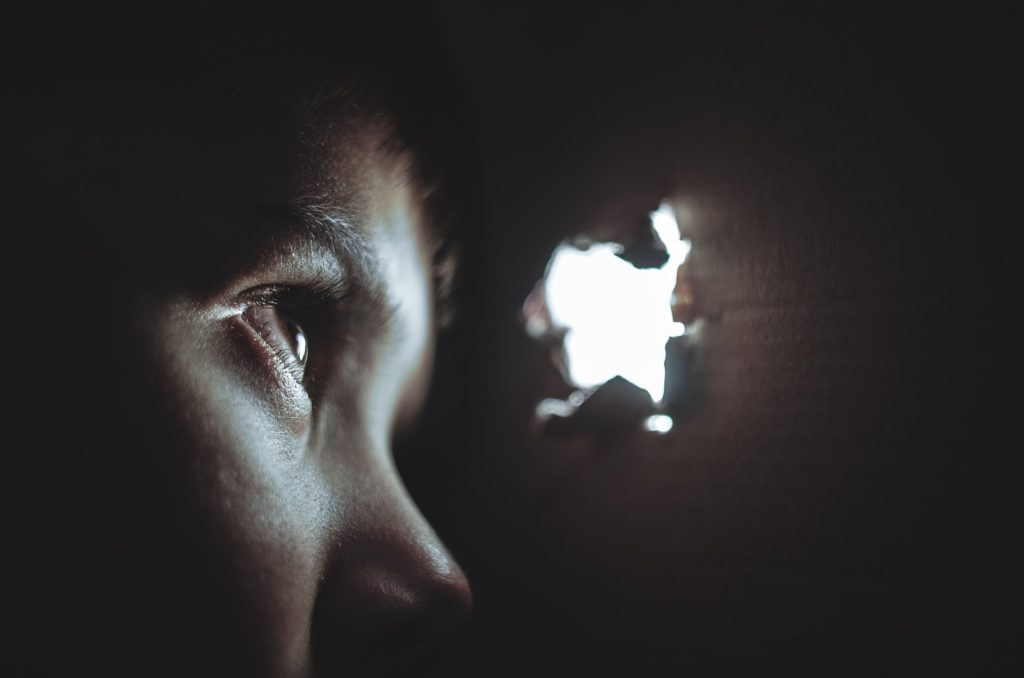The other day, I discovered, via yet another excellent ProPublica investigation, that among Facebook’s many mortal sins, it has outsourced moderating its Marketplace to underpaid Accenture contractors, gave them unfettered access to DMs, and watched them use that power to spy on people, romantic partners included.
As I keep telling my clients in my role as a trainer and investigator: privacy has long been dead. And when companies feed us bullshit about “respecting our privacy,” they’re just reanimating a zombie — before they get to shoot it in the head again, much like Facebook is doing. And look, I’m sorry for that awful metaphor, but it’s the only one I’ve got.
To be honest, this is just one of many abundant examples in the way that big tech helps to exploit and harness our worst impulses. Think of Twitter’s “trending topics” that routinely feature some rando expressing a bad but essentially harmless opinion in order to encourage users to hound that person, thus driving up engagement. Think of the way Facebook not only fails to clamp down on disinformation and hate, but actively and gleefully promotes it — because, once again, engagement numbers mean everything.
Of course those Accenture contractors wound up abusing the power that Facebook gave them. As we know from the ProPublica report, their pay sucked and their investigations into fraud on Marketplace did not, in fact, prevent fraud. When you’re undervalued AND your work is meaningless, you’re more tempted to have some cruel fun instead.
Because it’s so big and so ubiquitous, Facebook is not going to be shamed into doing the right thing (not now, and not ever, which is why breaking up Facebook would be good for society, though Facebook will fight against that tooth and nail). Individuals, however, can still be reached.
Finding an app that will help you block social media apps for a while can and does work
This is why, at this point, it’s just actually physically and mentally necessary to take breaks from social media if you can’t or won’t abandon it entirely. And while it seems counterproductive, you can fight fire with fire.
It’s what I did when I realized that I was getting too little sleep by staying up with my phone after my father died, trying to distract myself from grief. I installed a sleep tracking app that would remind me when it was time to go to bed based on my sleep goals, and tracked my progress over time. I went from getting an average of five hours of sleep per day to a whopping (well, in my case) seven and a half. Eight is the eventual goal, and I am slowly on track for it.
It can be the same with social media. Finding an app that will help you block social media apps for a while can and does work — because you’re not fighting your addiction cold turkey, you’re creating a kind of alternative.
The app will reward you for good behavior — such as staying off Facebook so you can’t argue with your aunt, for example — and this, in turn, will give you a little mood boost similar to the mood boosts the likes on your angry comments give you. It’s not an ideal solution, but it works for those of us who aren’t ready to go raise llamas off the grid just yet. You’re still plugged in — just not all the way.
The majority of us can’t afford radical solutions to the problem with social media. Traveling to a faraway cave to practice silent meditation or whatever is not an option for most Americans (and not just because it sounds boring). But we can take little steps to reduce our screen time, improve our moods, and loosen the grip that big tech has on our psyche. In doing so, we might even end up being a little less shitty to each other.
It’s not going to make up for Facebook’s awfulness, but it will give us more energy. And maybe some of that energy could then be used to call up our congresspeople and point out that it’s time to fuck Facebook up as surely as it has fucked us up.
Image credit: Dmitry Ratushny

